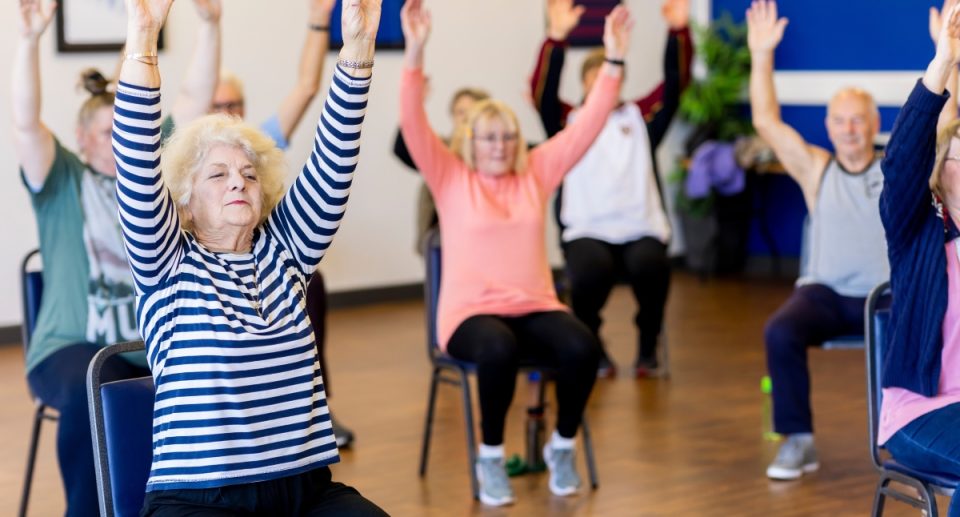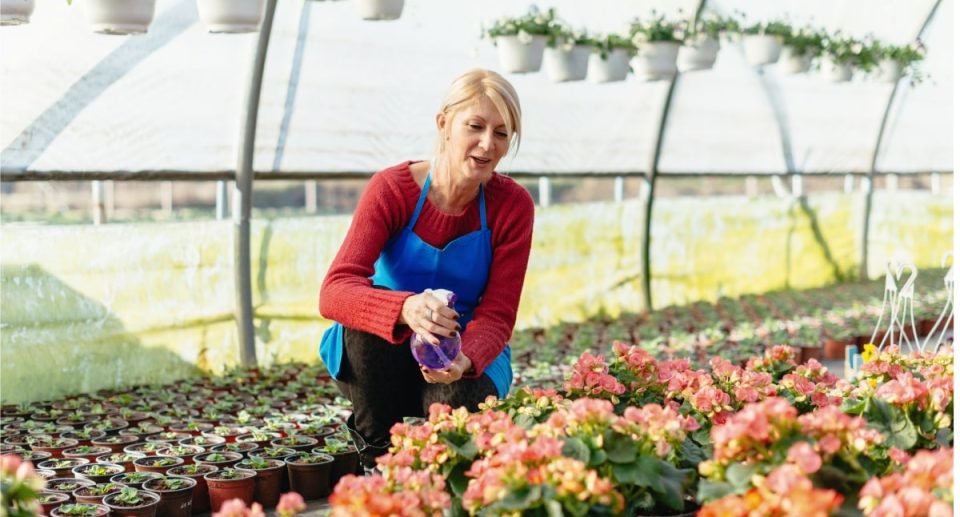
Staying active and engaged is crucial for maintaining both physical and mental health. One of the best ways to achieve this is through gardening and outdoor activities. Not only do these activities provide a sense of accomplishment, but they also offer numerous health benefits and opportunities for social interaction. This guide will explore why gardening and outdoor activities are ideal for seniors and suggest various activities that cater to different interests and abilities.
The Benefits of Gardening and Outdoor Activities

1. Physical Health
Gardening and outdoor activities involve various forms of exercise, from light stretching to more vigorous movements, which are beneficial for maintaining physical health. Activities like planting, weeding, and watering can improve flexibility, strength, and balance. Regular physical activity can help manage weight, reduce the risk of chronic diseases such as heart disease and diabetes, and improve overall endurance.
2. Mental Well-being
Engaging in gardening and spending time outdoors can significantly boost mental health. The tranquility of nature and the satisfaction of nurturing plants contribute to reduced stress levels and improved mood. Gardening also provides a sense of purpose and achievement as seniors see their efforts come to fruition through blooming flowers or ripening vegetables.
3. Cognitive Function
Outdoor activities that involve planning and problem-solving, such as designing a garden layout or learning about different plant species, can stimulate cognitive function. Gardening also encourages mindfulness, which has been shown to improve memory and cognitive abilities.
4. Social Interaction
Gardening and outdoor activities can be enjoyed alone or with others. Joining community garden projects or participating in group walks or gardening clubs provides opportunities for social interaction, helping to combat loneliness and isolation.
Gardening Ideas for Seniors
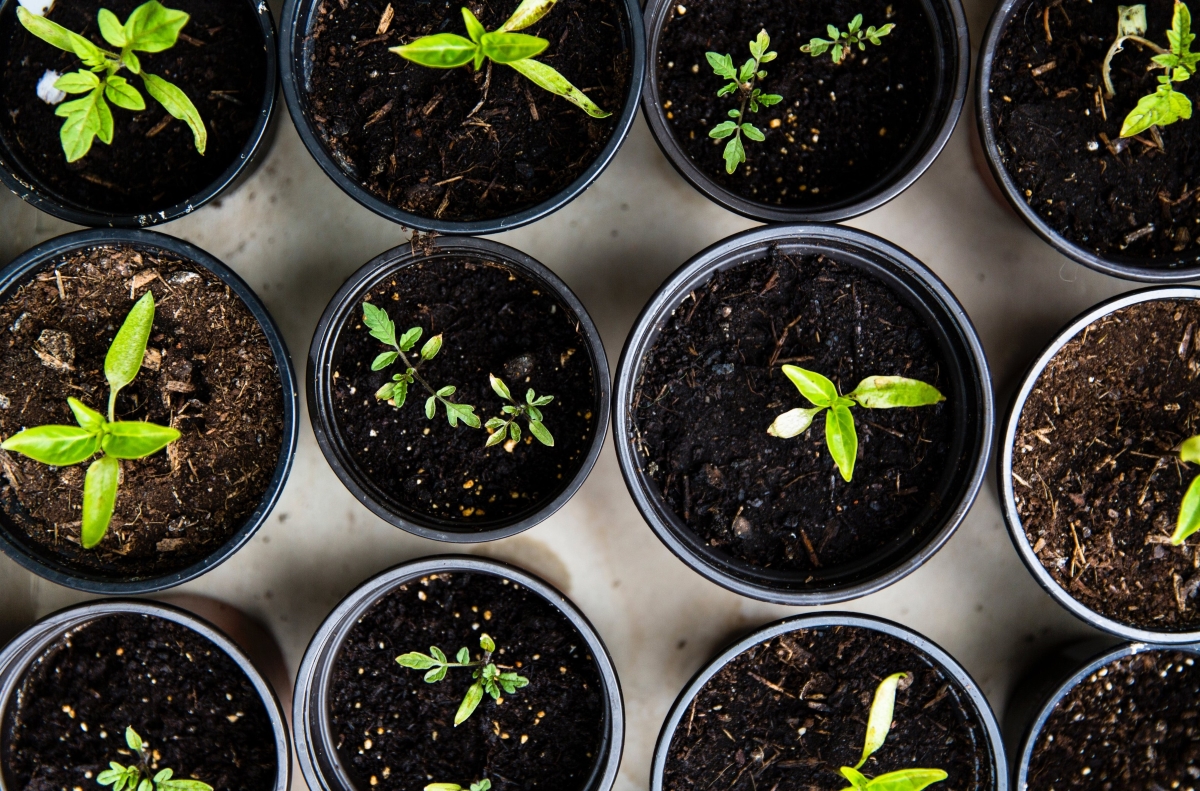
1. Raised Bed Gardens
Raised bed gardens are an excellent option for seniors with difficulty bending or kneeling. These elevated beds reduce strain on the back and knees and can easily be managed seated. You can grow various vegetables, herbs, and flowers in raised beds, making them a versatile and accessible gardening solution.
2. Container Gardening
Container gardening allows seniors to grow plants in pots or containers that can be placed comfortably. This method is ideal for those with limited mobility or space, as containers can be arranged on patios, balconies, or indoors. Herbs, tomatoes, and flowers thrive in containers, and the mobility of pots makes them easy to relocate as needed.
3. Low-Maintenance Gardens
Low-maintenance gardens are a great option for those who prefer a more hands-off approach. Selecting hardy, drought-resistant plants and incorporating mulch can reduce the need for frequent watering and weeding. Consider plants like lavender, succulents, or ornamental grasses, which require minimal upkeep while adding beauty to your garden.
4. Therapeutic Gardens
Therapeutic gardens are designed to promote relaxation and well-being. These gardens often include sensory elements such as fragrant flowers, textured leaves, and calming water features. Creating a therapeutic garden can provide a peaceful retreat and a space for mindfulness and relaxation.
Outdoor Activities for Seniors
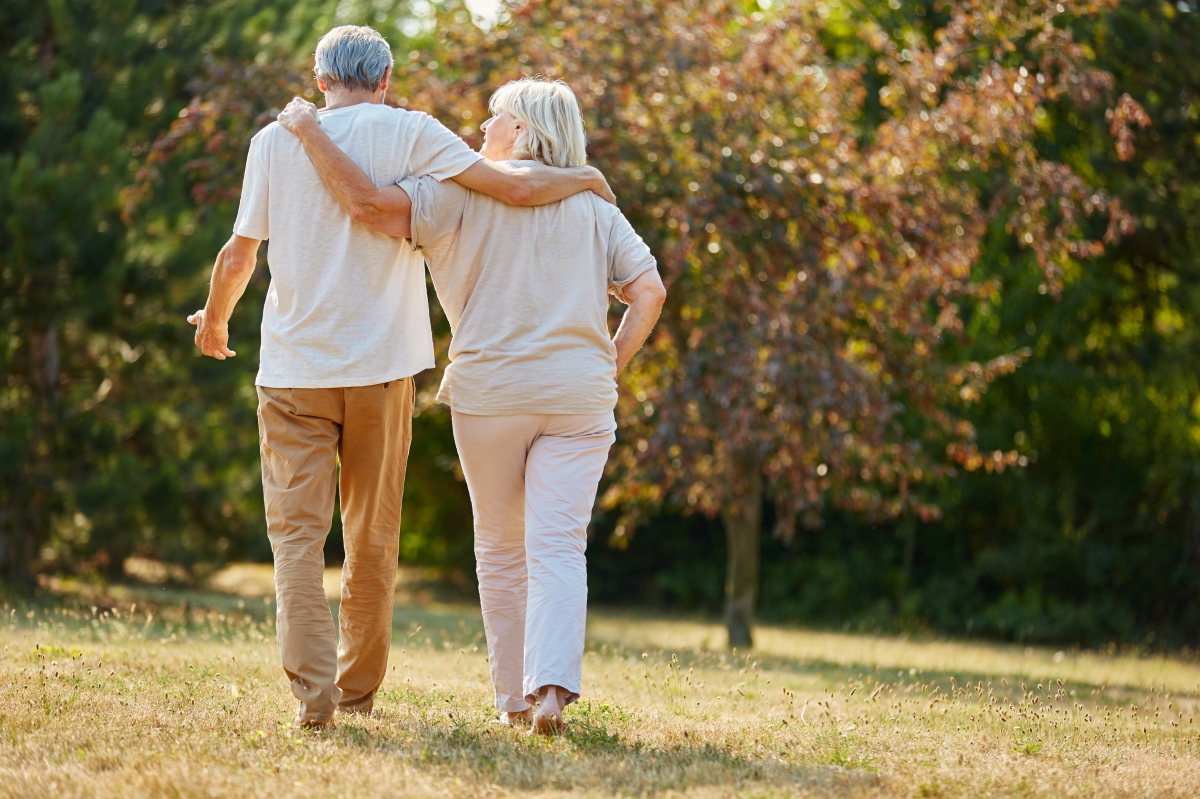
1. Walking and Nature Trails
Walking is a low-impact exercise that offers numerous health benefits. Exploring nature trails or local parks allows seniors to enjoy the beauty of the outdoors while getting their daily dose of exercise. Many trails are equipped with benches and rest areas, making it easier to take breaks as needed.
2. Bird Watching
Bird watching is a peaceful and rewarding outdoor activity that requires minimal physical exertion. Setting up a bird feeder or bird bath in your garden can attract a variety of bird species, providing endless entertainment and opportunities for observation. Bird watching also encourages patience and mindfulness.
3. Gardening Clubs and Community Gardens
Joining a gardening club or participating in a community garden project can enhance social interaction and provide additional gardening resources and support. Many communities offer garden workshops, social events, and shared gardening spaces, creating a sense of community and belonging.
4. Outdoor Exercise Classes
Outdoor exercise classes, such as yoga or tai chi, offer gentle physical activity in a natural setting. These classes are often tailored to seniors and focus on improving flexibility, balance, and strength. Participating in group classes also provides opportunities for social engagement.
Tips for Safe and Enjoyable Gardening

- Use Proper Equipment: Invest in ergonomic tools and gardening gloves to reduce strain on your hands and wrists. Long-handled tools can help minimize bending and reaching.
- Stay Hydrated: Drink plenty of water before, during, and after gardening or outdoor activities to stay hydrated and prevent heat-related issues.
- Protect Yourself from the Sun: Wear sunscreen, a wide-brimmed hat, and protective clothing to guard against sunburn and heat exhaustion.
- Take Breaks: Listen to your body and take frequent breaks to rest and stretch. This will help prevent overexertion and reduce the risk of injury.
- Seek Assistance if Needed: Don’t hesitate to ask for help with heavy tasks or tasks that require physical effort. Enlist the support of family members, friends, or neighbors.
Conclusion
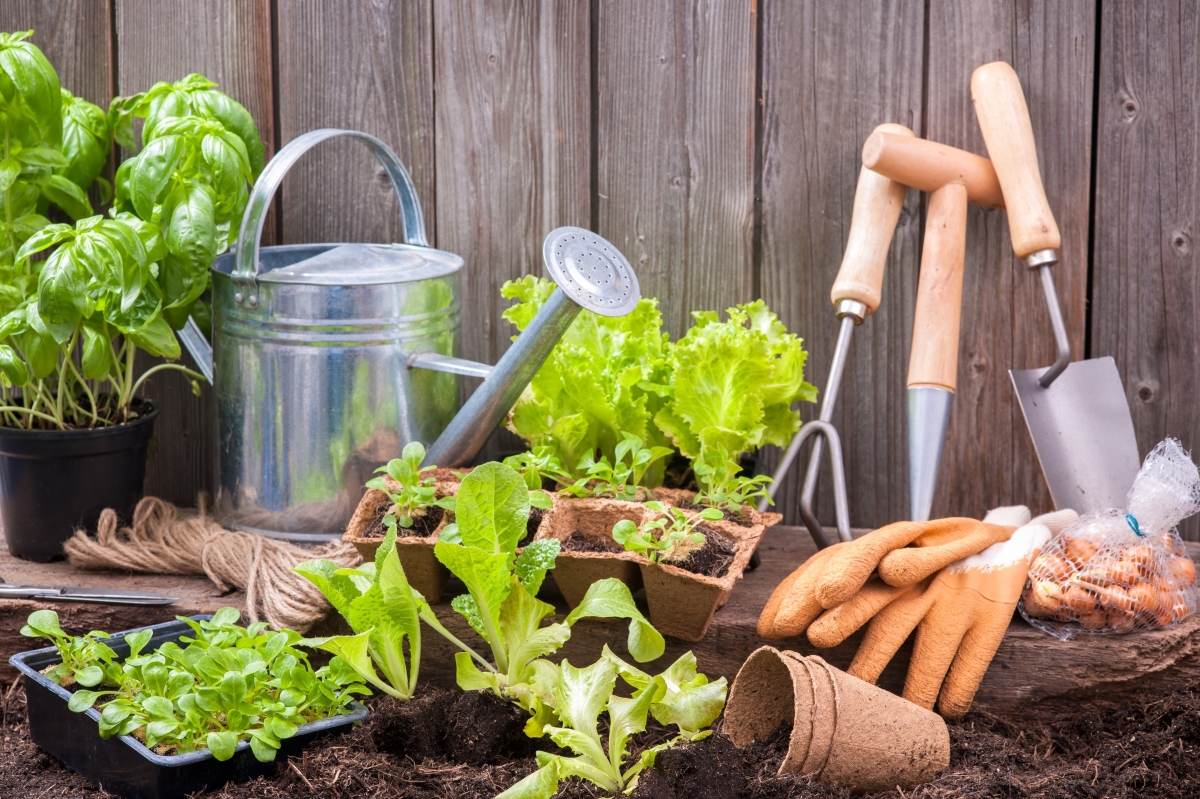
Gardening and outdoor activities offer many benefits for seniors, from improved physical health to enhanced mental well-being and social interaction. Whether tending a raised bed garden, enjoying a leisurely walk, or participating in a gardening club, there are countless ways to stay active and engaged in the great outdoors. Embrace these activities and discover the joy and fulfillment they can bring your life. Gardening and outdoor pursuits enrich your days and contribute to a healthier, happier lifestyle.


